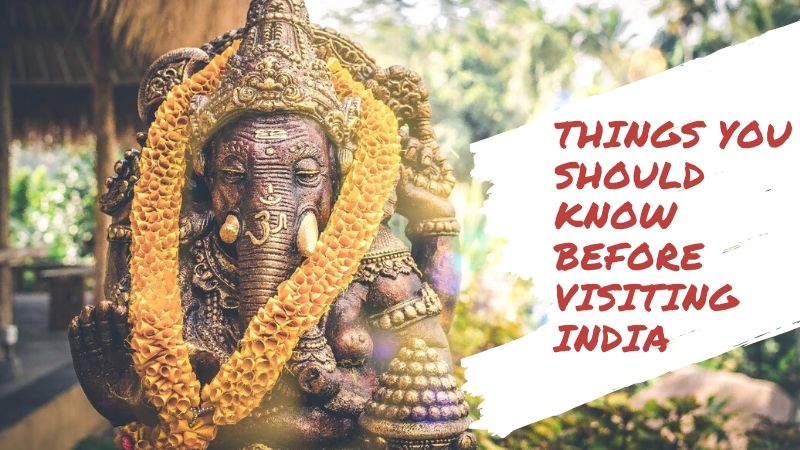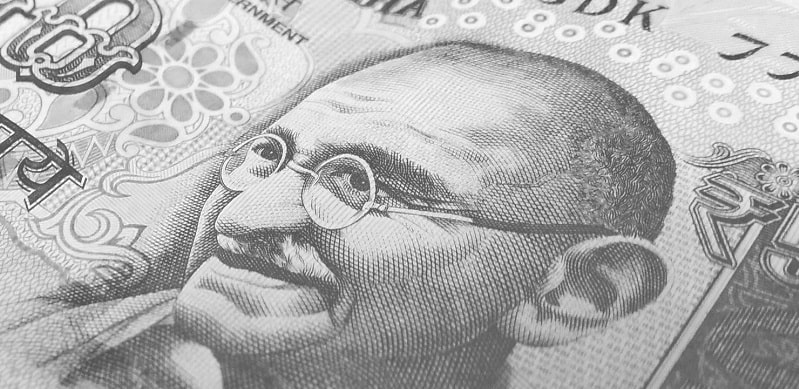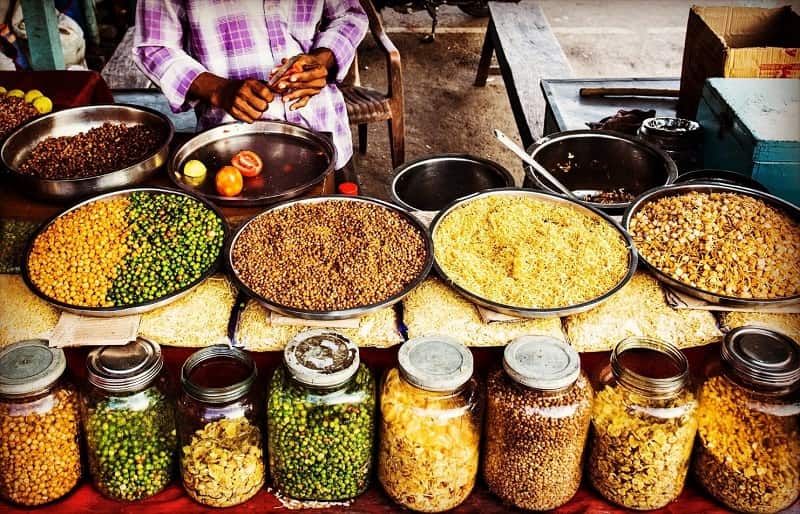
India is one of the most amazing countries of the South Asia. It is the cradle of the most ancient civilization, the place of birth of Buddhism and Hinduism, today it takes the second place on the planet in terms of population and continues to make travelers fall in love with craving incredible discoveries. The article below will introduce the country to those who are planning on visiting this unbelievable country. You are going to find out what to expect going there and all the details connected with comfortable staying there, such as language peculiarities, money exchange, moving around, food and excursions. Get prepared, discover the Indian world for yourself and enjoy your journey. This trip will undoubtedly leave unforgettable memories and a trail in your heart. Get inspired by ancient history, culture, customs and traditions of a wonderful place. Fuel yourself from the turmoil in India and its people, their wisdom and way of life. Are you ready?
About India and It's Culture
Today it is not so challenging to go in the middle of nowhere and spend a week or two there. The benefits of modern life have taught tourists specific rules, patterns, and orders.
The comfort onboard allows you to quickly and easily overcome enormous distances, well-appointed hotel complexes, and professional staff takes care of the safety and security of their guests.
However, a novice tourist needs to realize as early as possible that, despite global progress, there are still many countries in the world that are radically different from the usual surroundings.India is not an exception. Do not be afraid of this and abandon the idea of getting acquainted with the world and its unique beauty.
However, before traveling to India, it is worthwhile to devote some time to studying issues that may arise during the trip and cause tourists a lot of trouble.
What you should know about India while visiting for the first time
So, things are collected, a package of documents for the flight, customs control, and check-in at the hotel are ready.
On a long trip, you may need a 3x4 photo if you need to call your relatives in the CIS countries. In India, without a photograph, a tourist will not be sold a SIM card of a local operator for a phone.Calls from such a card will be much cheaper than when roaming.
Money exchange

Upon arrival to India, even at the airport, you can safely change money at one of the presented banks. The dollar to the rupee exchange rate is the same in all regions of the country.
When buying large amounts of the local, national currency, it is worth considering that rupees are exchanged back for dollars reluctantly and at an openly predatory rate.
It is more profitable to buy rupees as necessary or to make a specific purchase.
Users Must Read: 12 Famous Tourist Places in Delhi Where You Must Want to Visit
Language Peculiarities
Even though in India there are more than one and a half thousand dialects of Hindi, the state language of the country, many locals speak English well.
However, going to remote states of India, especially to the eastern and southeastern regions, you need to be prepared for the fact that simple phrases in English will be incomprehensible to people around.
Despite the language barrier, Indians are incredibly friendly and sociable. The question arose can be quickly solved even with the help of gestures and drawings!
Transport Services in India
All types of transport can be used to move around the country, the network of bus, rail and air connections in the vast country is very well established.
Of course, a lot depends on the capabilities of tourists and on time allocated for the trip.
In cities, it is most convenient to use the services of a taxi or metro.
A moped comes out on top in mobility, cheapness, and comfort.
Excursions through the country
During excursions to large cities, special care should be taken, since petty theft thrives on in crowded areas.
There is no need to remind that it is dangerous to keep the entire amount of money in one pocket or bag; you can lose everything.
More reliable, if part of the money is on a bank card, part of the money is in the hotel safe, and part is in the most inaccessible pocket of clothes.
Several small padlocks will not be superfluous, especially if overnights are planned in inexpensive hotels or hostels. Such a castle will protect things from snatch thieves.
Hotel matter for discussion is food in India and possible troubles associated with it.
Indian Food

The main rule of a tourist in this country is strict adherence to hygiene rules.
Always and everywhere before sending even the smallest piece of food, you need to wash your hands.
Vegetables and fruits should also be thoroughly peeled. It is better to refuse freshly squeezed juices, ice, and raw water.
During the trip you need to drink only bottled water, it is advisable to rinse your mouth while brushing your teeth.
Such warnings will protect tourists from indigestion, dysentery, and hepatitis A.
The second rule of a novice tourist is to be careful trying new food and rely on their own opinions and common sense.
Users Must Read: Few Things You Need to Carry With You While Relocating
Almost everyone knows that Indian food is very spicy. Do not rely on the opinion of residents; hot chili pepper is just a neutral seasoning for them.
Do not overeat with unknown fruits and vegetables.
It is wiser to test in small quantities each fruit individually and listens to the reaction of the body.
The third rule of a traveler is to perceive the poisoning or frustration without panic and immediately proceed to eliminate it.
There should always be meds for gastrointestinal tract, diarrhea medications, absorbents, and antihistamines.
However, you should not get too carried away with self-medication.
If your body temperature rises, you have diarrhea, and vomiting for more than 24 hours, contact the nearest hospital for qualified help.
In the climatic conditions of India, dangerous intestinal infections develop incredibly fast.
Things you need to have with you
There are always little things in the bag of any traveler that make life much more comfortable.
According to experienced travelers in India, this list of small things is relevant:
- The repellent will protect against insects during evening walks and sleep;
- A flashlight is useful during a short blackout, which happens even in five-star hotels;
- A boiler, a mug, and a spoon will delight while making coffee, cereals, and soups;
- Pocket phrasebook if the level of English is low.
Now, traveling to India will not seem something unknown and dangerous, because you can prepare for all possible difficulties in advance.
One more thing, do not take too many things “just in case”. Perfect luggage is one half-empty backpack, where you can fit in all purchased souvenirs on the way back.
About the author
Melisa Marzett is a content writer who is currently traveling throughout the country and working for assignment revision writing articles on anything. She likes wines and dines, going to the cinema and picnics, sports and shoes!
